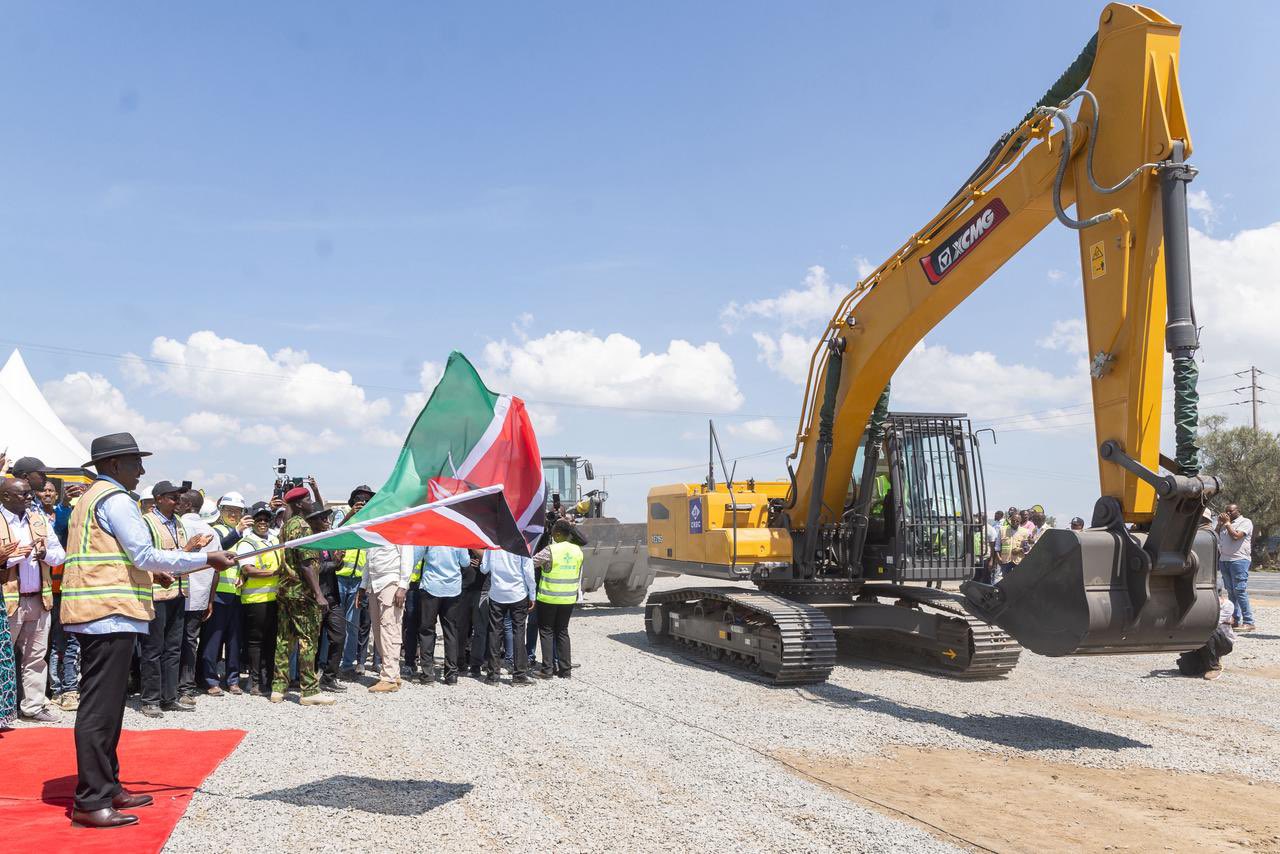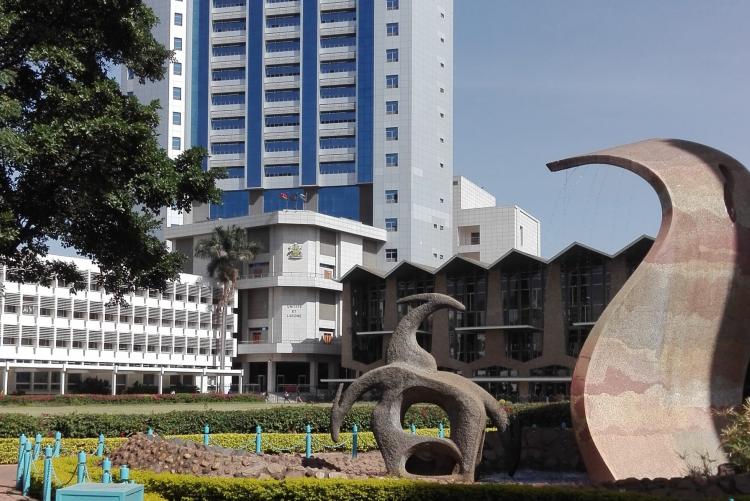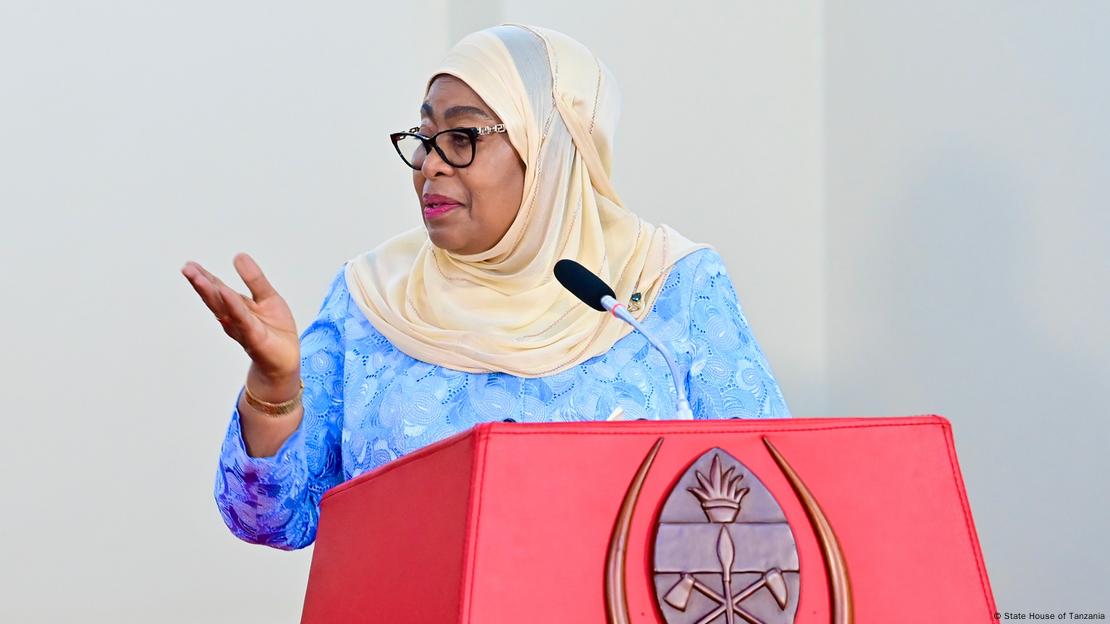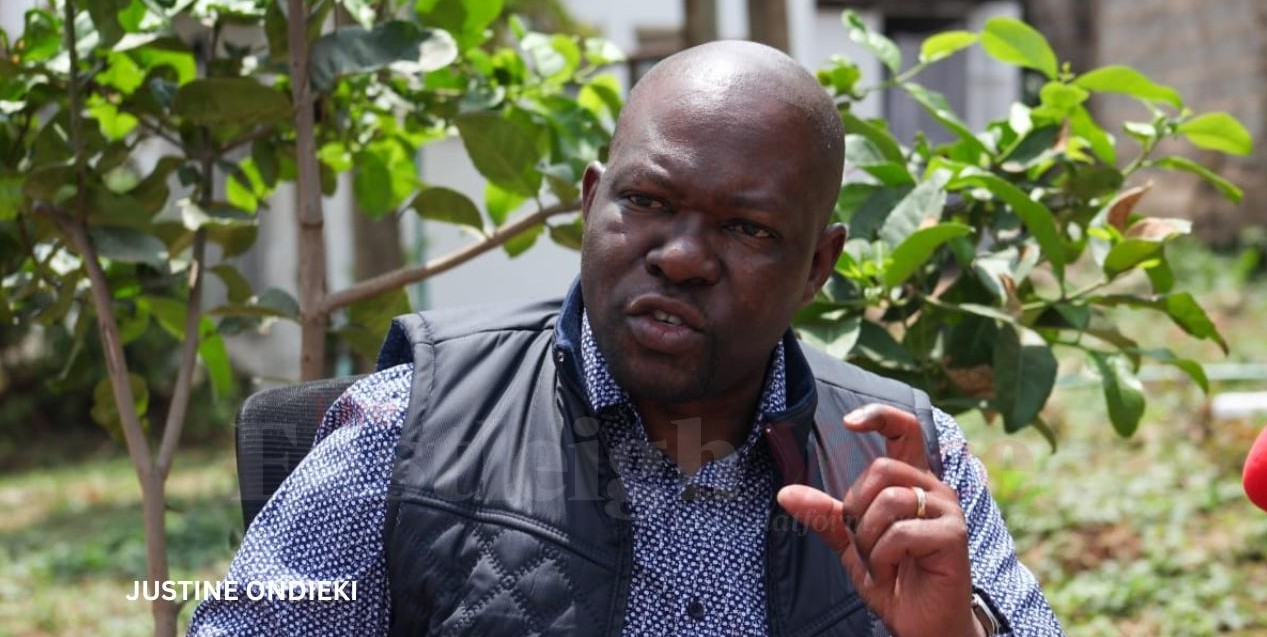Sudan government relocates ministries from war-ravaged Khartoum to safer cities
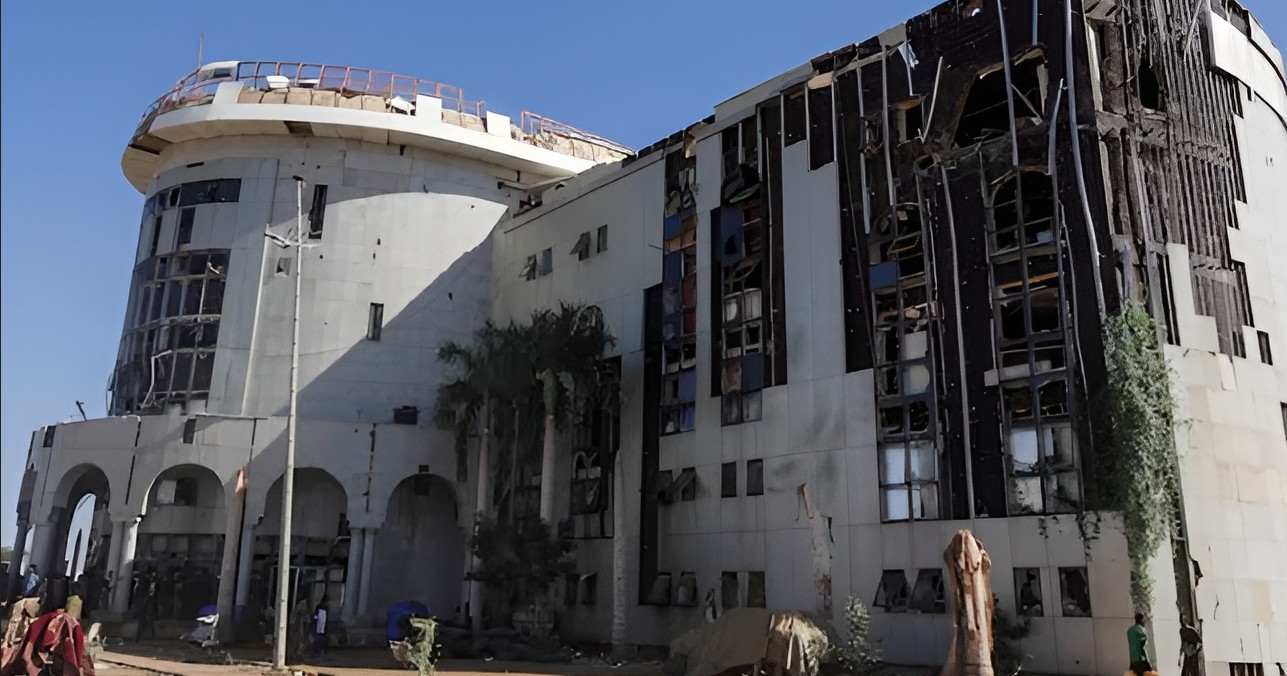
The relocation order covers the Council of Ministers, key ministries—including finance, minerals, and information—and the central bank, but makes no mention of the Presidential Palace, which remains under repair after clashes between the army and the RSF.
Sudan’s rulers have quietly abandoned the heart of their war-torn capital, Khartoum.
On Tuesday, Sovereign Council member Ibrahim Jabir issued a decree ordering ministries to relocate from downtown Khartoum—once the country’s administrative and commercial hub—to safer areas in the east and the adjoining cities of Khartoum North and Omdurman.
More To Read
- Mass displacement, trafficking fears deepen crisis in Sudan’s El Fasher
- Sudanese army says it repelled paramilitary forces' attack after unilateral truce declaration
- Sudan ceasefire bid in limbo as army chief Abdel Fattah rejects Trump proposal while RSF agrees
- Sudan’s RSF declares three-month ceasefire amid backlash over civilian attacks
- Why UN’s gradual move back to Khartoum, Sudan is ‘an important step’
- Sudan military leader Burhan rejects US-led ceasefire plan, accuses Quad of favouring RSF
The decision, framed as a cost-saving measure, underscores both the scale of destruction and the government’s financial strain.
A state committee found it would be more expensive to repair ministries along Nile Street and the surrounding district than to establish new headquarters elsewhere.
"The state currently needs to allocate budgets to meet citizens' needs for electricity, water, education, health," the decree stated, stressing necessity over symbolism.
The relocation applies to the Council of Ministers and key ministries such as finance, minerals, and information, as well as the central bank.
Notably absent was any mention of the Presidential Palace, still under repair after serving as a battlefield between the army and the Rapid Support Forces (RSF).
Before the war, downtown Khartoum was home not only to government offices but also to the army’s headquarters, bustling markets, and leading universities. Today, it lies in ruins. The junta, led by General Abdel Fattah al-Burhan, has already shifted its base to Port Sudan on the Red Sea.
This administrative shift merely formalises what the war has already made clear: Khartoum is no longer the seat of government, but the front line of a conflict that is hollowing out the state itself
Top Stories Today




